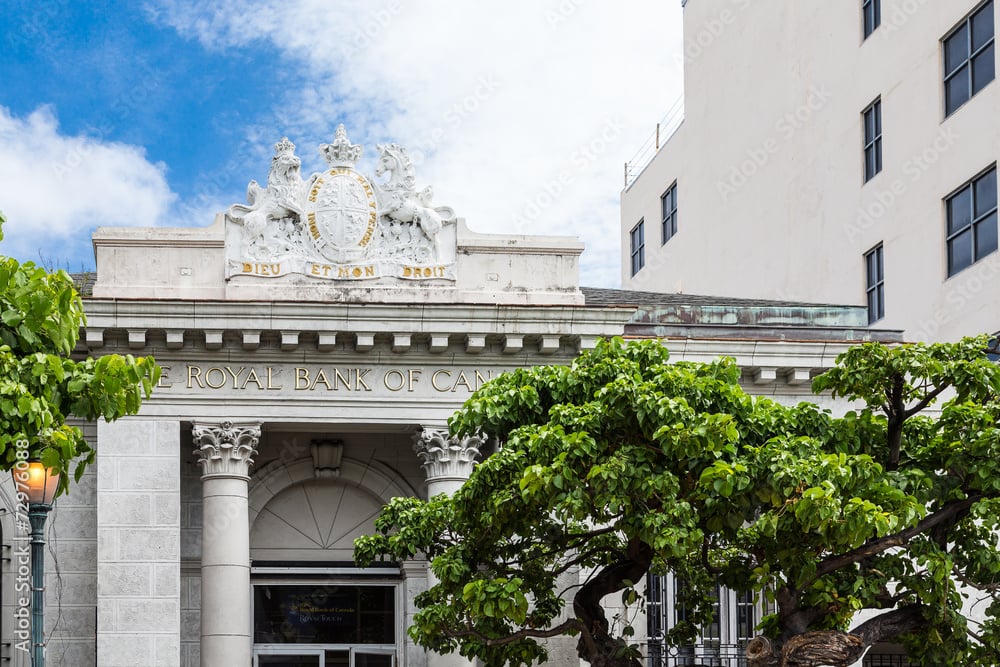IP employers pay wages 42 per cent higher than other industries
"Today we have a clearer picture than ever before just how important IP (intellectual property) protection is to American jobs," U.S. Commerce Secretary John Bryson said at an event to unveil the first-of-its-kind government survey.
Nearly 35 per cent of U.S. gross domestic product — or more than US$5 trillion — comes from 75 IP-intensive industries that directly employ about 27 million people and support about 13 million other jobs in related industries, the report said.
IP-intensive industries also account for about US$775 billion worth of U.S. exports, or roughly 61 per cent of total U.S. goods exports, and pay wages that are 42 per cent higher on average than wages in other industries, the report said.
U.S. business and labour groups welcomed the study, which they said bolstered the case for strong action at home and abroad against piracy and counterfeiting of U.S. goods ranging from music and movies to medicine and auto parts.
"In laboratories and studios and research hubs, and even in home garages, entrepreneurs and innovators are hard at working turning their ideas into real products," said Thomas Donohue, president of the U.S. Chamber of Commerce. But "innovation can't create jobs without strong IP protection."
Richard Trumka, president of the AFL-CIO labour federation, said digital piracy has caused "countless" job losses in the heavily unionized media and arts sectors.
"China is only one of many countries that host websites illegally trafficking in U.S. entertainment," Trumka said, calling for new legislation to boost the U.S. government's ability to go after "foreign rogue websites that steal U.S. movies, TV shows and music."
The report found that "virtually every U.S. industry" relies on intellectual property protections, either directly or indirectly, Deputy Commerce Secretary Rebecca Blank said.
"Clearly, making sure we adequately protect intellectual property is vital to maintaining America's competitive edge and driving our overall prosperity," Blank said.
U.S. IP jobs are clustered primarily in the West Coast, the East Coast and in the upper central Midwest. The most IP-intensive states are California, Minnesota, Wisconsin, New Jersey, Massachusetts, Connecticut, Rhode Island, Vermont and New Hampshire, the report said.




